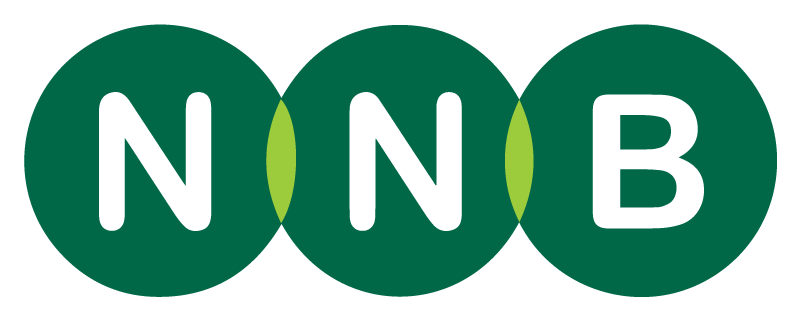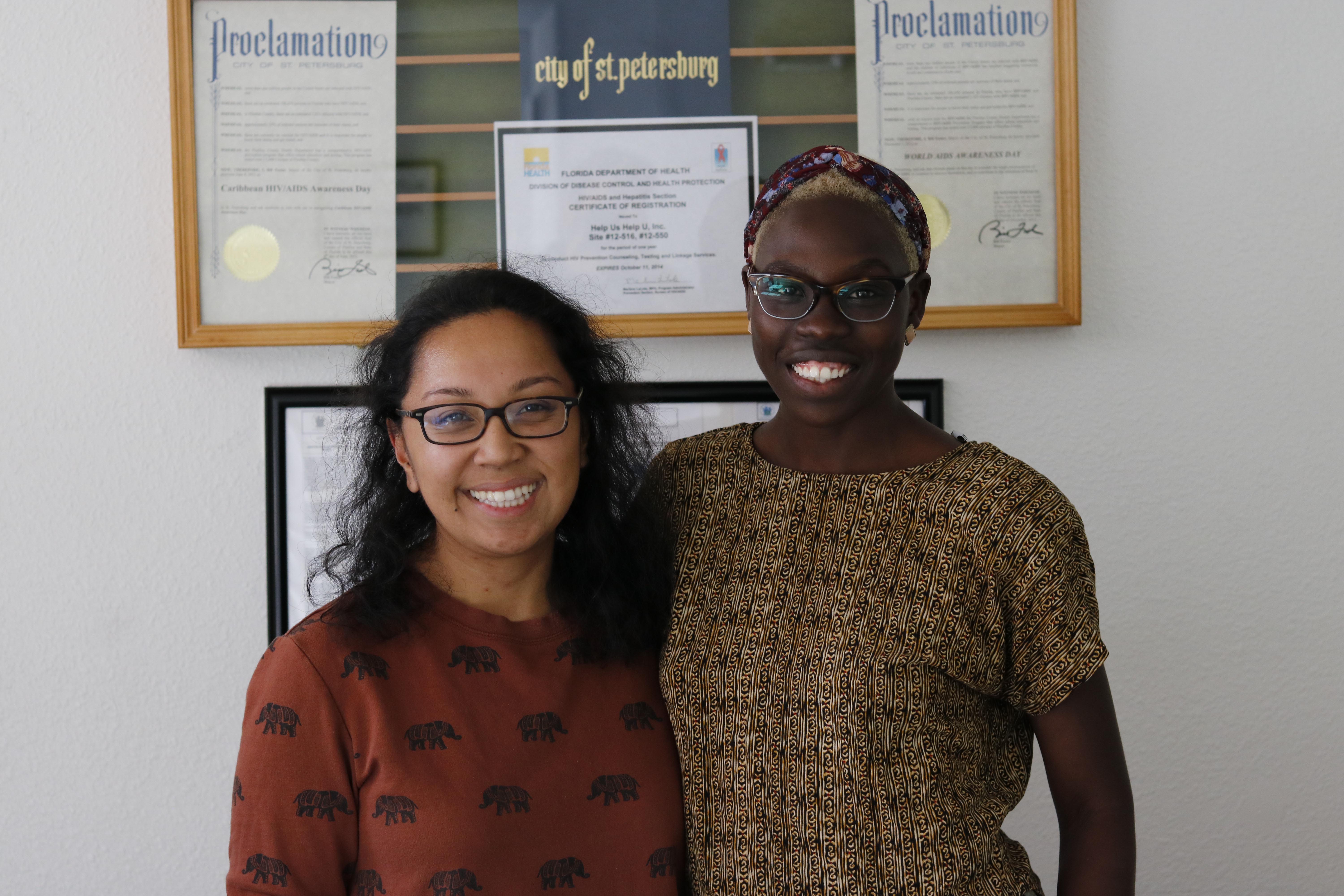Listen to the audio file here:
By Devin Rodriguez
Pinellas County is ranked number one in Acute Hepatitis C in Florida. It’s ranked number seven for HIV infections, according to the Florida Department of Health.
Sexually transmitted infections disproportionately affect low-income areas, like Midtown or the greater Southside of St. Petersburg, in part because of poor education and a lack of consistent health care.
Two employees for Help Us Help U, an education program in Pinellas County, are trying to reach out to young people and provide them with reasons to care about their health.
Loreal Dolar (left in photo above) and Maureen Oginga (right in photo above) often visit community centers, like local public libraries, with food to draw young people into an educational workshop they call ‘Say It Straight.’ Not only do the two discuss proper STD prevention, but also provide information about positive relationship behaviors. These workshops are targeted to people 13-24 years old.
“We really believe that that is a really important age group because they’re the one’s that can start from the ground up and learn more from the community,” said Dolar. “We really want to help them make a better stance in the people that they interact with and encourage more educational behavior when it comes to health education.”
Help Us Help U works in part for the Pinellas Substance Abuse HIV Awareness Responsibility Program (SHARP). SHARP provides both HUHU and the Pinellas Ex-Offender Reentry Program (PERC) which provides education and community resources to people recently released from correctional facilities.
Dolar and Oginga said that they have seen first-hand the need for these programs in poor communities. While education is an important resource for prevention, HUHU also provides testing and information about living with an STD.
One of the biggest issues we’re facing is when individuals end up testing positive, they have a hard time finding health care services and health resources,” Dolar said. “A lot of them may be uninsured; some don’t know where to go.”
Health care has drastically improved over the past decade, but HIV infections are still rising, according to the CDC. HUHU and the greater Pinellas SHARP program consider educating youth in the community to be paramount to lessening the chance of infection.
“Our biggest goal is [to reduce] the cases of substance abuse for HIV infections. So, increase HIV testing and basically pushing for prevention within the community,” Oginga said.
Both Dolar and Oginga are USF alums. Dolar was a graduate student, and Oginga an undergraduate who was recommended to apply by a professor she kept in touch with. Oginga said that she is excited about the responsibilities.
“This is my first job doing actual public health work,” Oginga said. “I didn’t know anything jumping off my degree, and this falls way above my expectations. I’m working with youth and doing outreach, also the analytical side of public health, so I got way more than I expected.”
The hardest obstacle, Oginga said, was connecting with youth. Since the two center their message on health education and behavior, it can be difficult to draw in young adults.
“Youth, they’re not particularly too excited about learning about their health. That’s always a challenge, finding people who are kind of standoffish,” said Oginga. “That’s a very big challenge, we try to do as much as we can, show our face every so often, go to different locations to make those type of connections. Initially, it’s kind of challenging but once we get past that barrier, it becomes [easier] to deal with.”
To find out more go to huhuinc.org.

